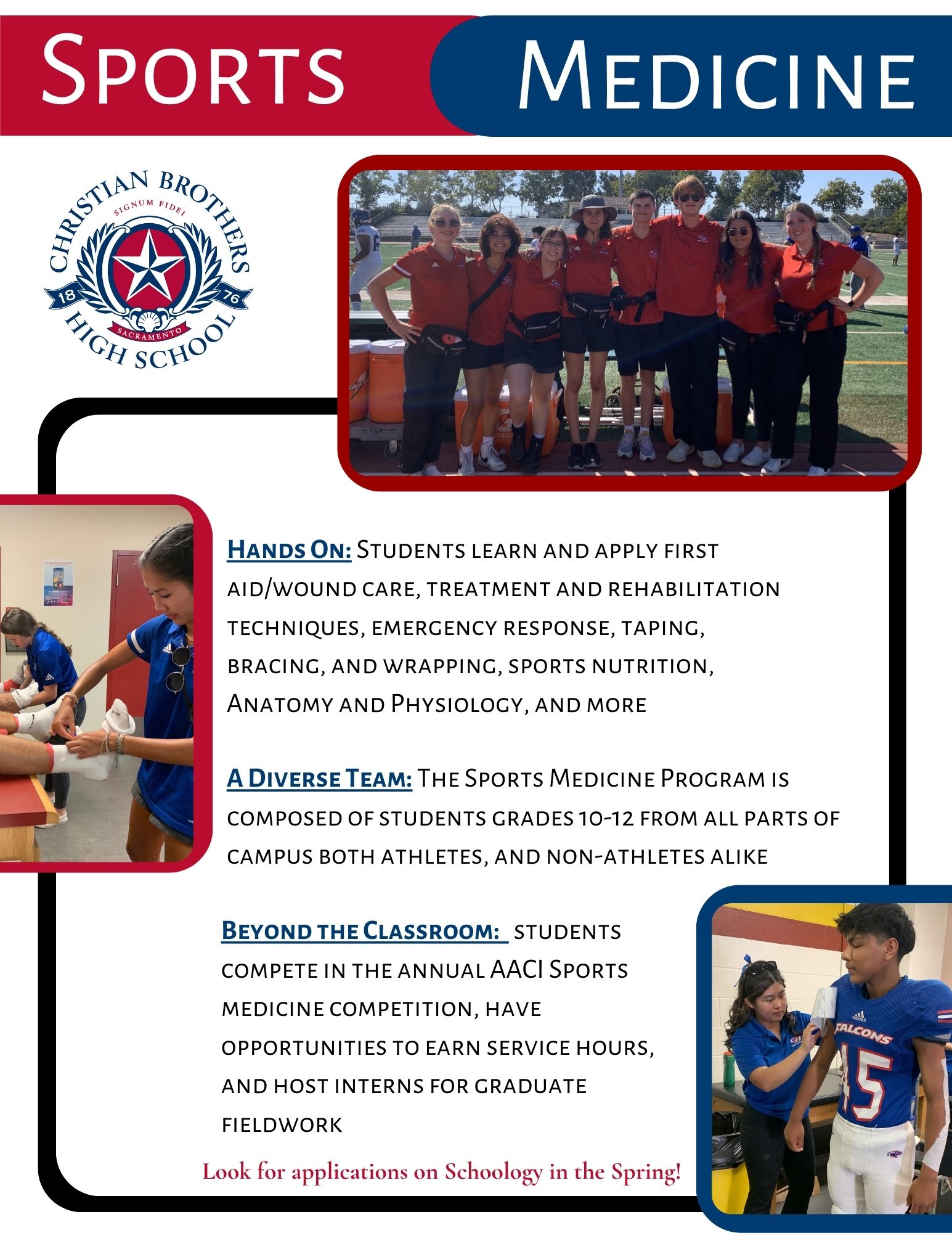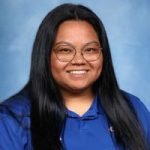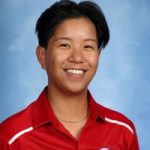Mission Statement
The Christian Brothers High School Sports Medicine Staff strives to provide accessible, quality, comprehensive, and individualized health care to all student athletes. We are committed to using evidence-based practice in the prevention, evaluation, treatment, and rehabilitation of athletic injuries to ensure positive recovery for a safe and successful return to full athletic participation.
High School Sports Medicine Program
The Sports Medicine Program offers students an excellent hands-on experience. With an emphasis on Athletic Training, students in the Sports Medicine Program work side by side with the Certified Athletic Trainers in providing care for our student athletes. In addition to providing support to our athletic programs, the team sends a delegation to the AACI Sports Medicine Competition.

Concussion Diagnosis
When a student-athlete has a suspected head injury, the Certified Athletic Trainers will evaluate the injured student-athlete using the SCAT-5 assessment tool as well as the CIF Graded Concussion Symptom Checklist. The SCAT-5 is the standardized concussion assessment tool used to evaluate possible concussions designed for use by athletic trainers, physicians, and other licensed healthcare professionals. Based on the evaluation, the athletic trainer assesses whether a concussion has occurred.
For a full explanation of concussion assessment, protocol, and action plan, please visit our Concussion Protocol resource page.

Nica Jordan, MS, ATC
ATHLETIC TRAINER
Athletics Department

Kiana Lacaden, MS, ATC
ATHLETIC TRAINER
Athletics Department
Contact
Phone: 916-733-3600 Ext. 1671
